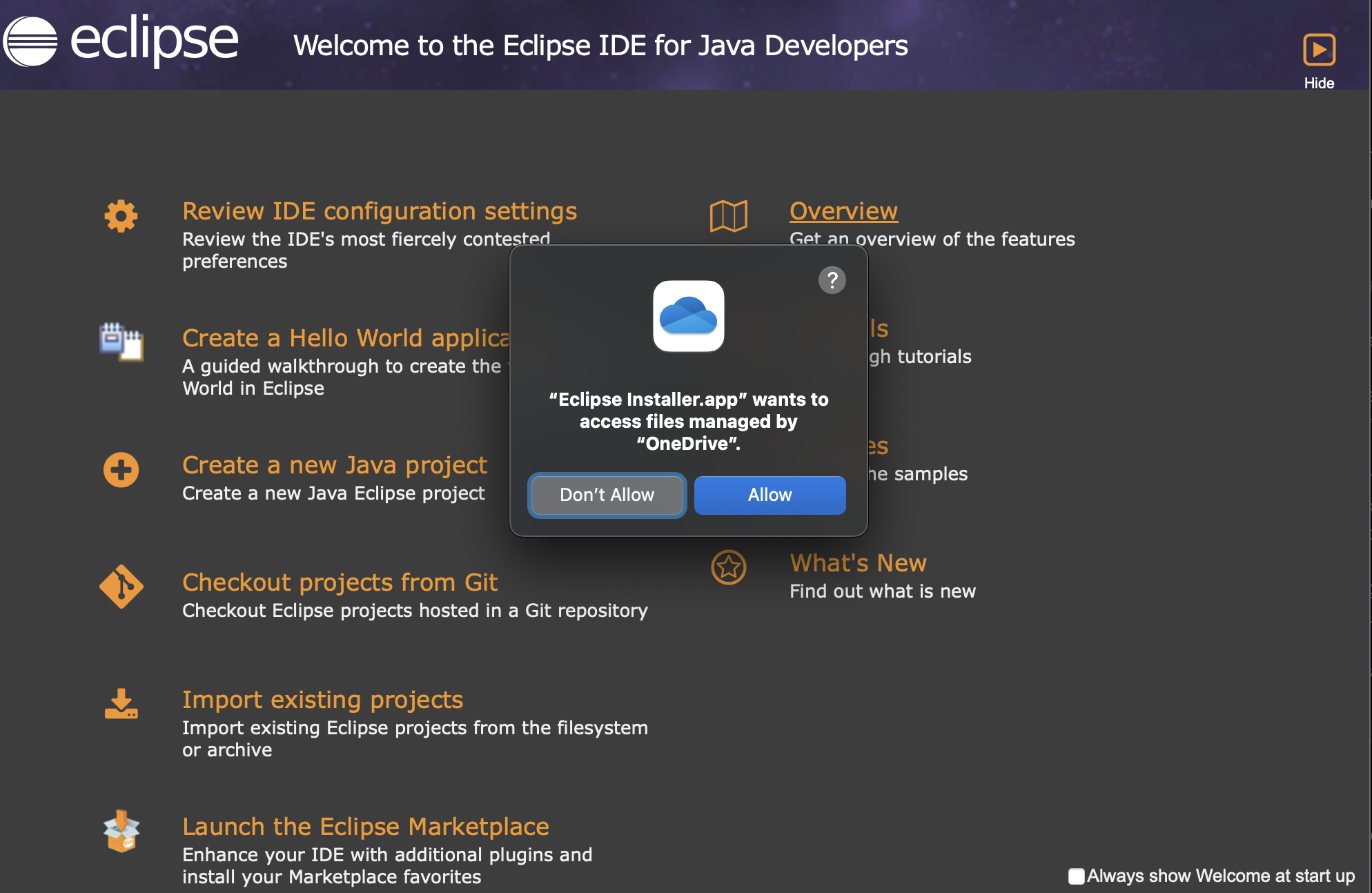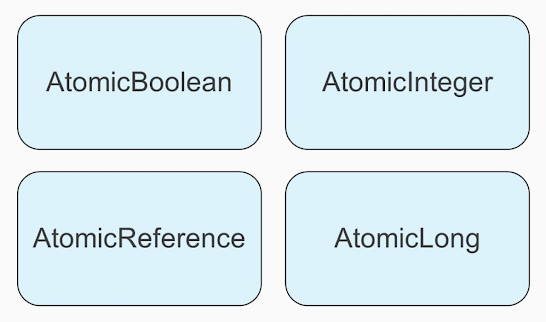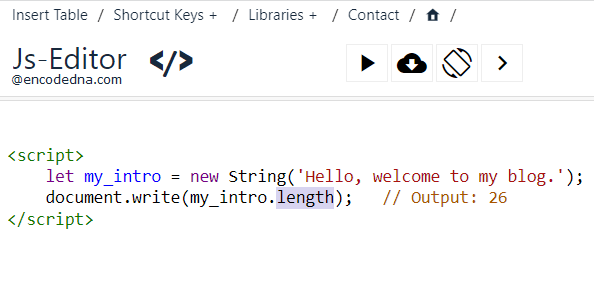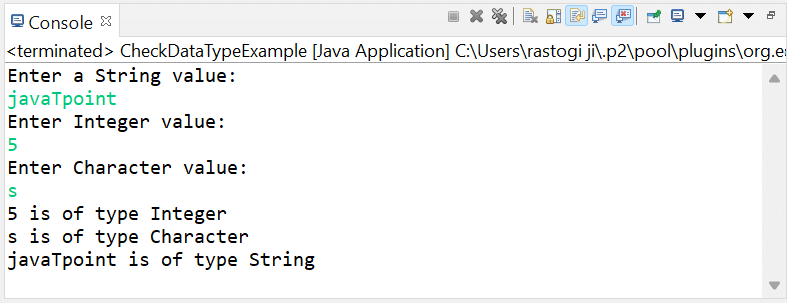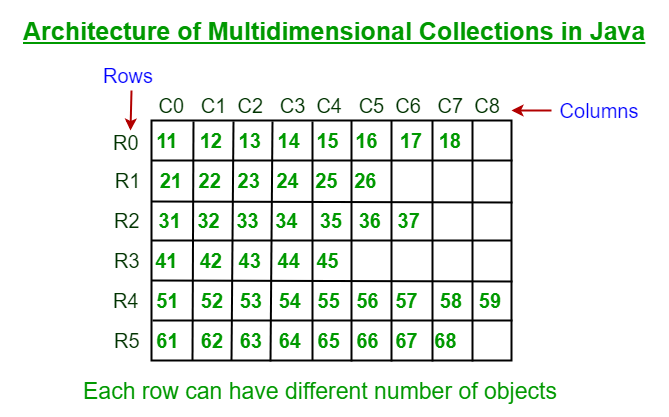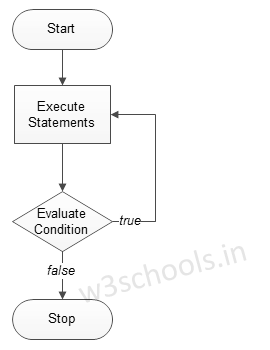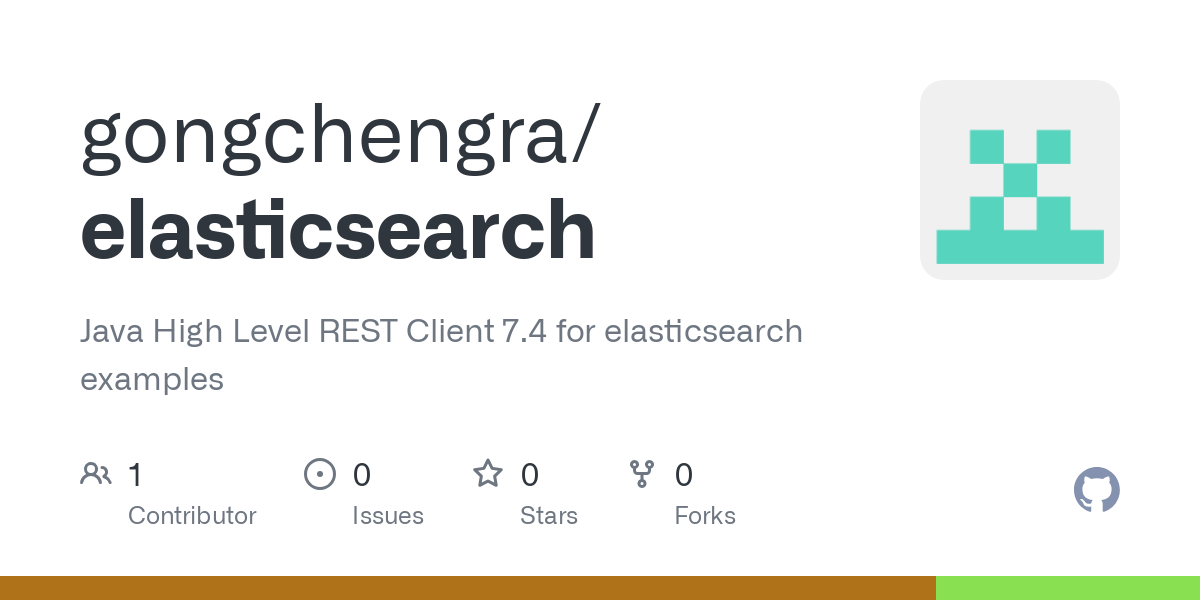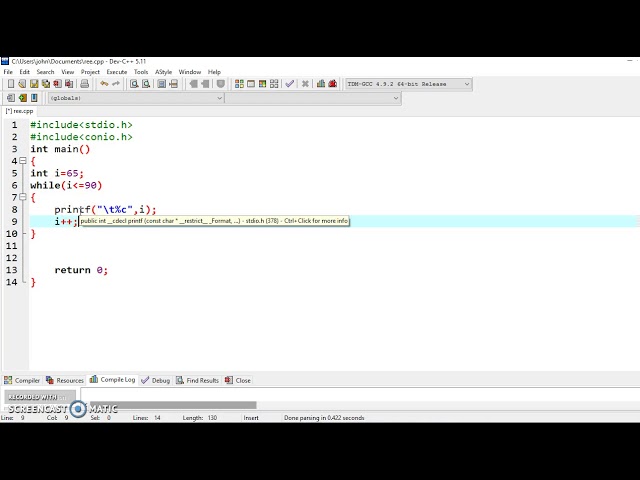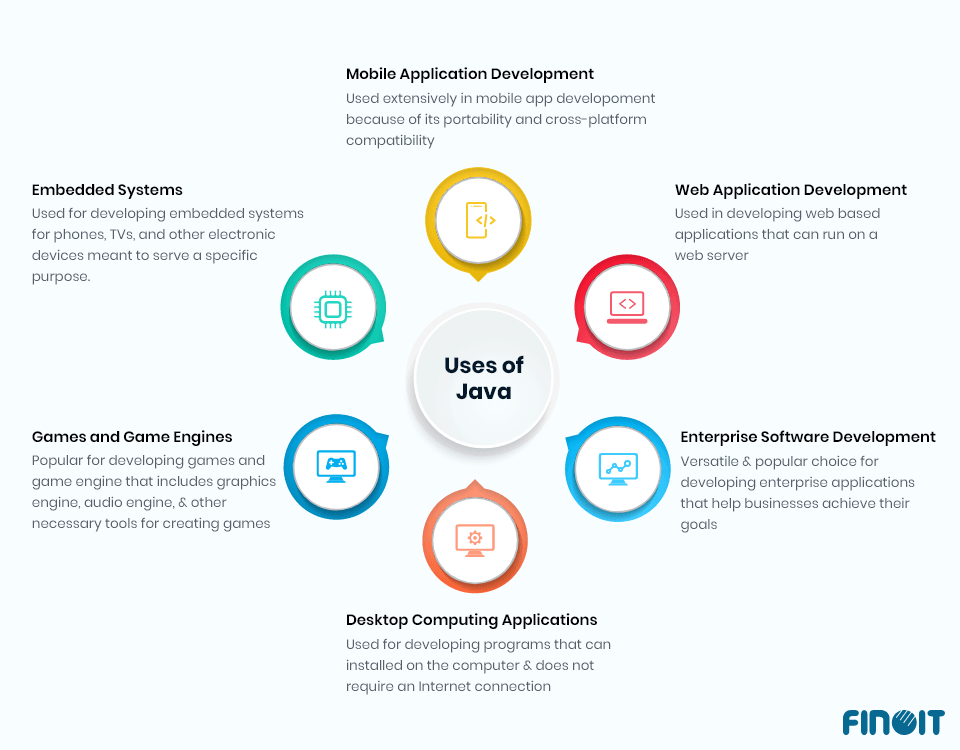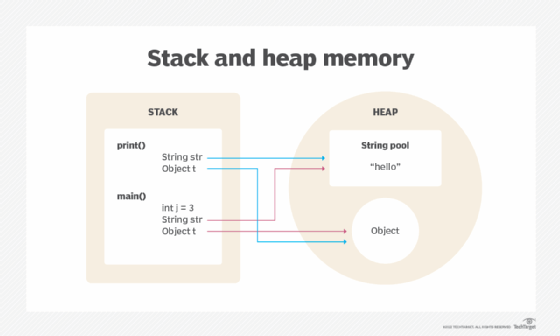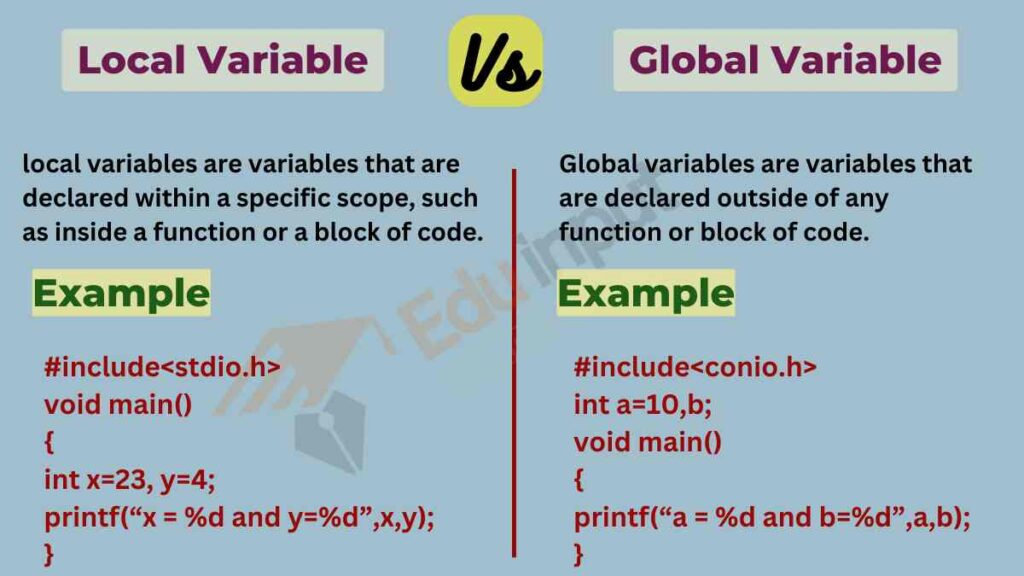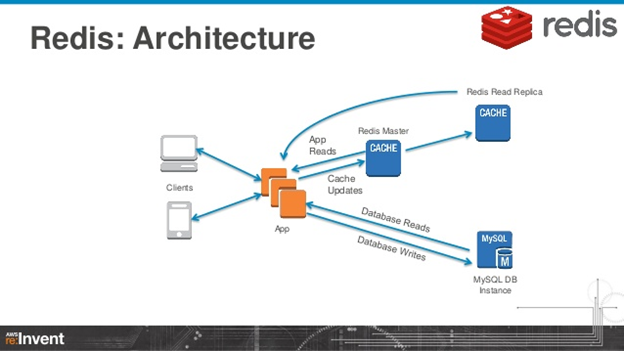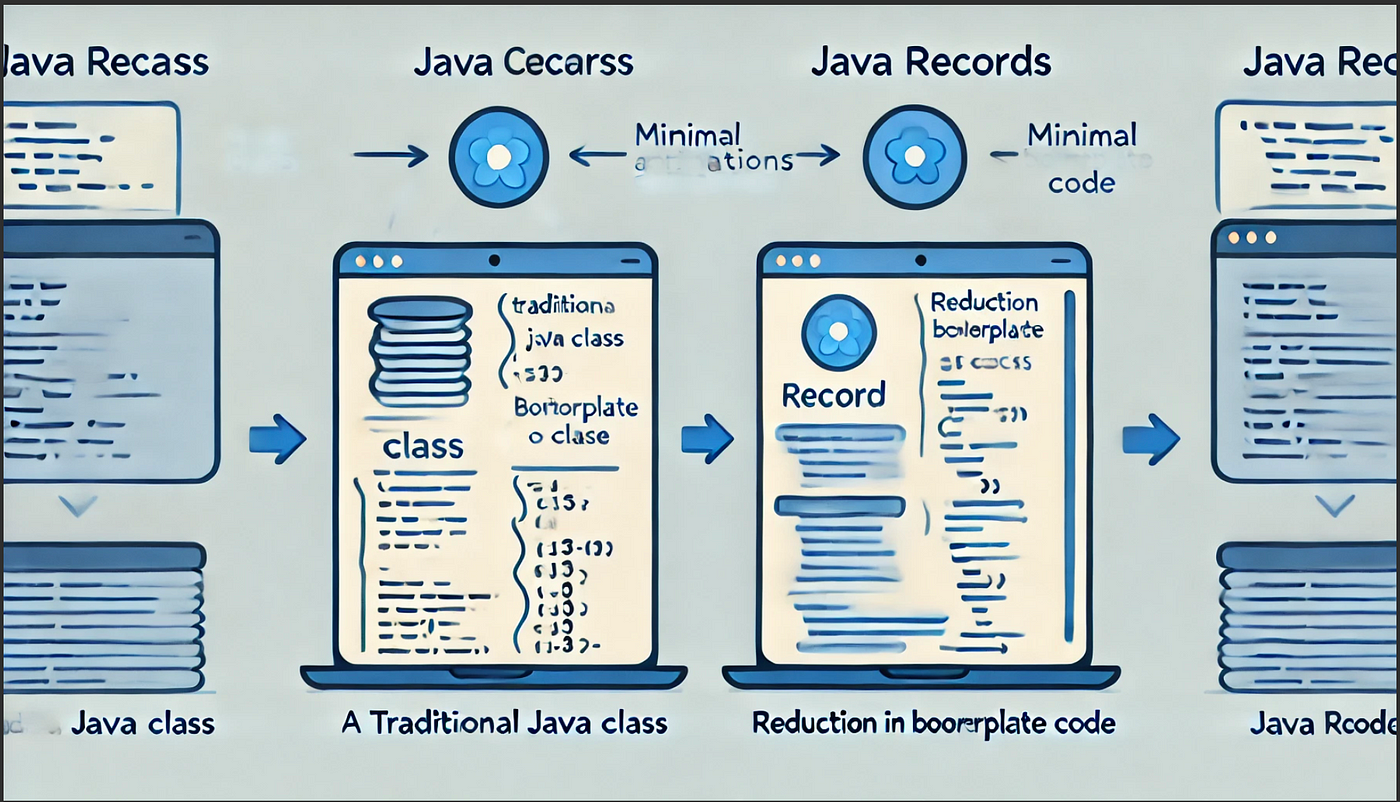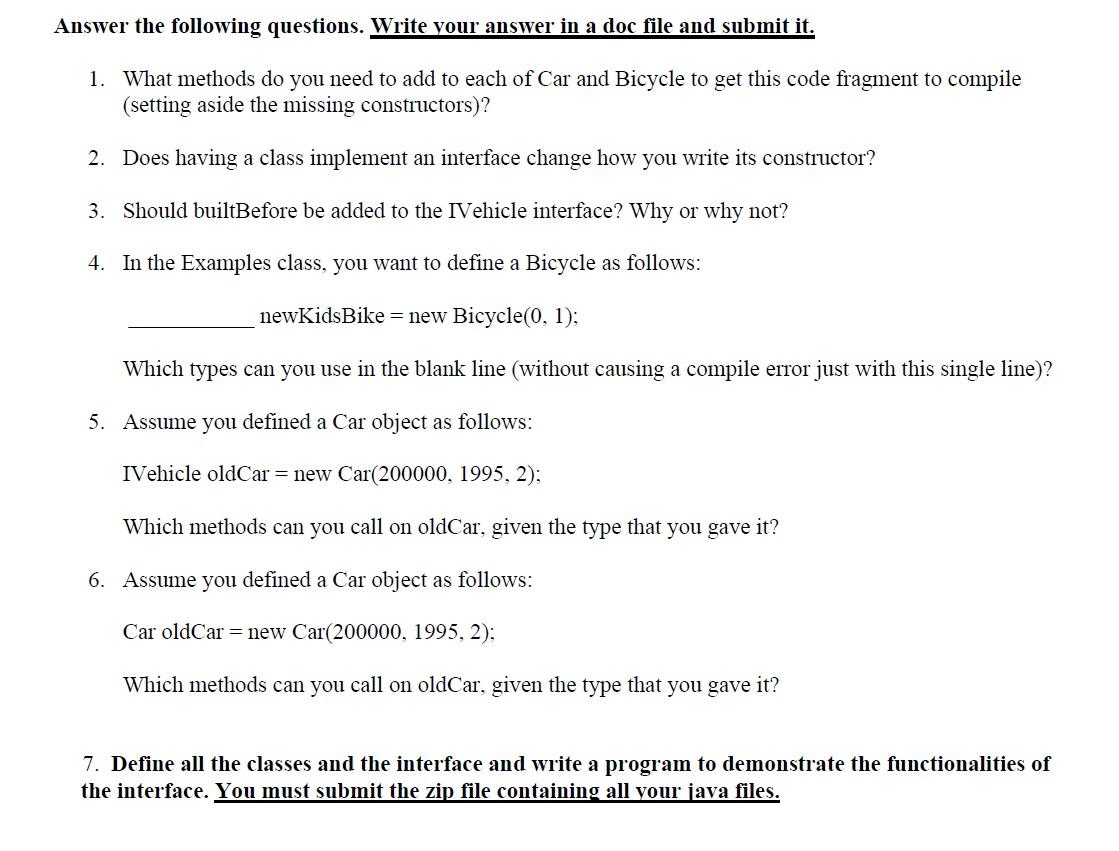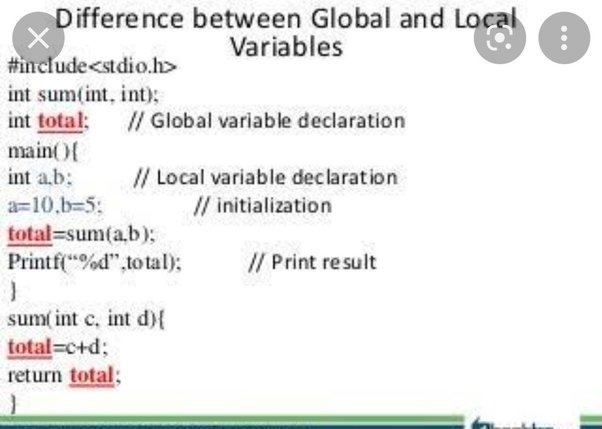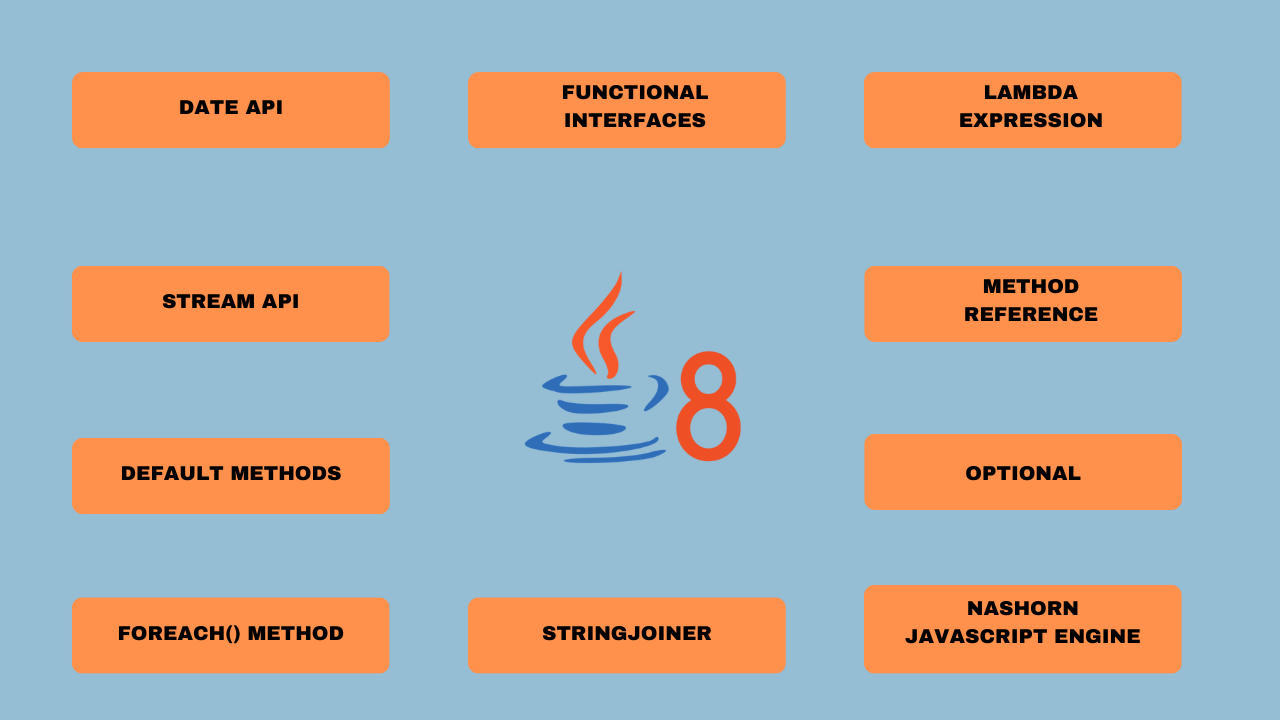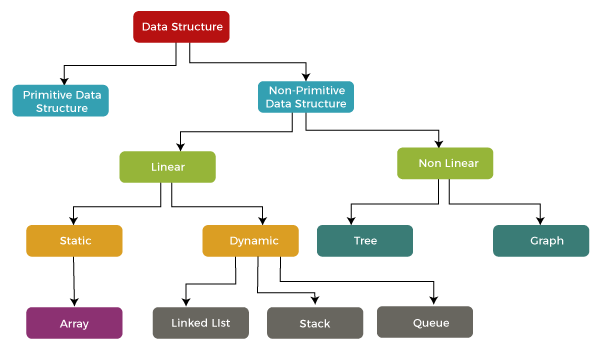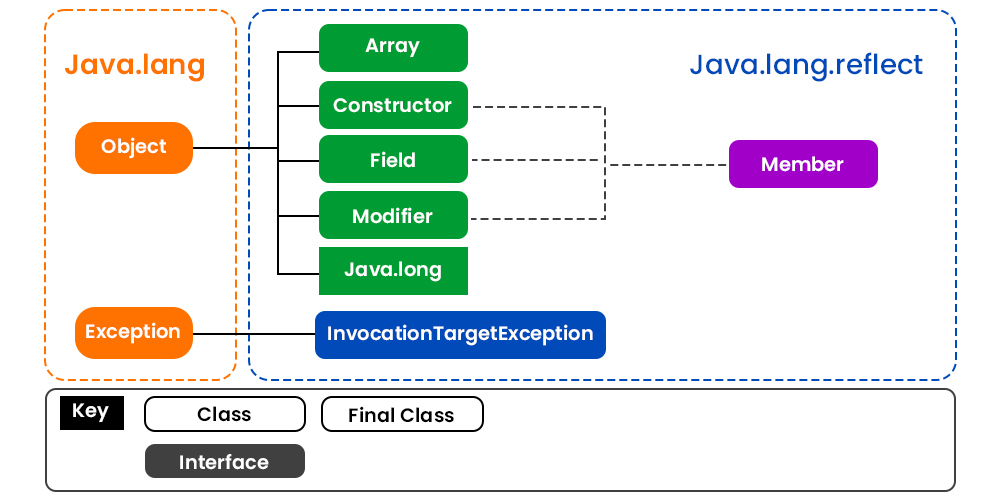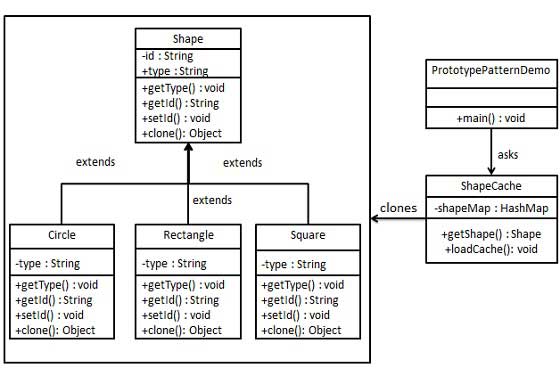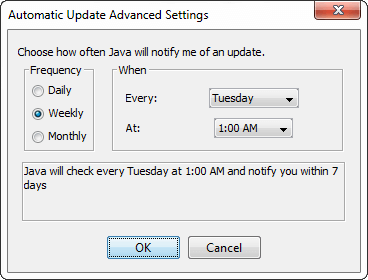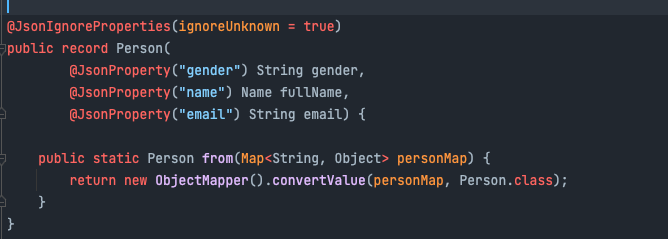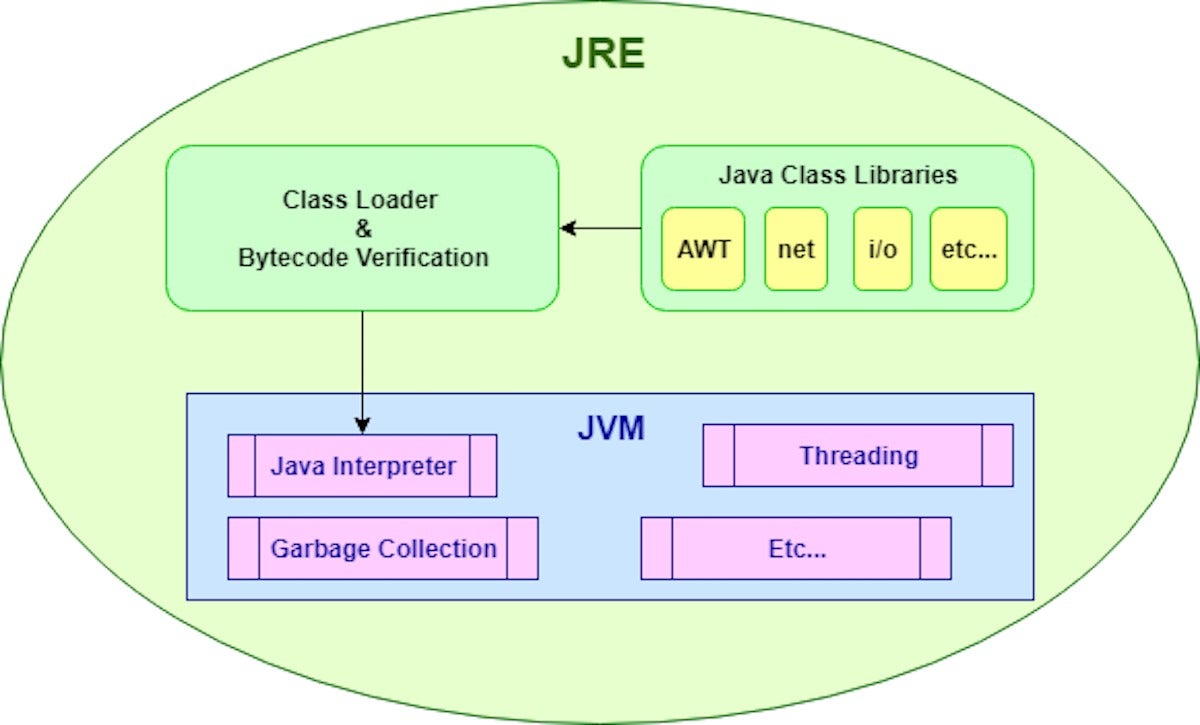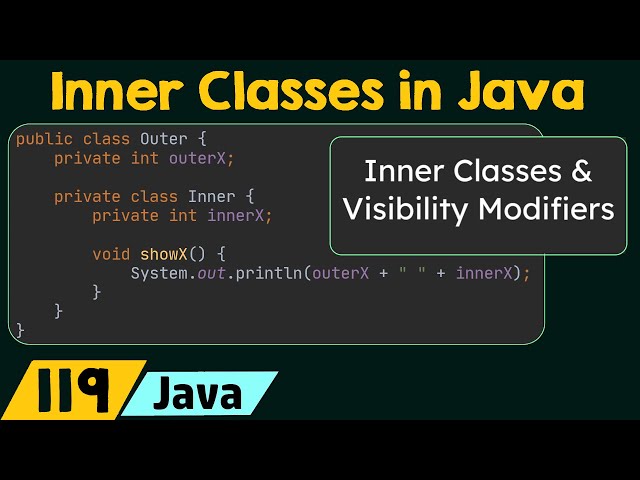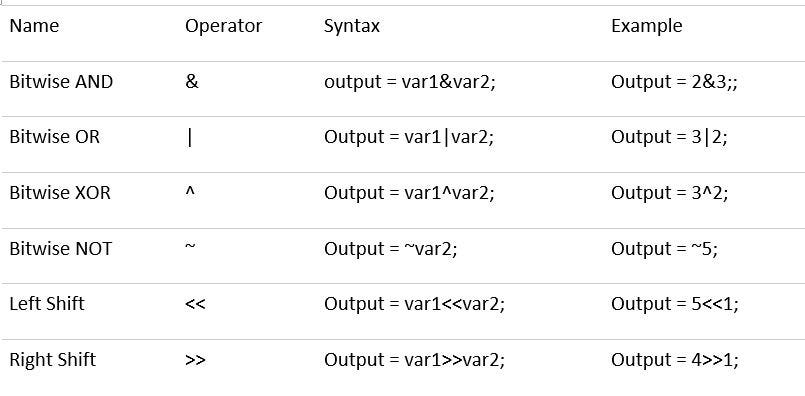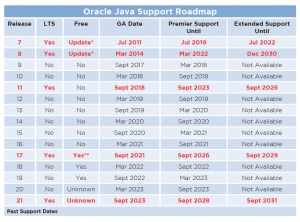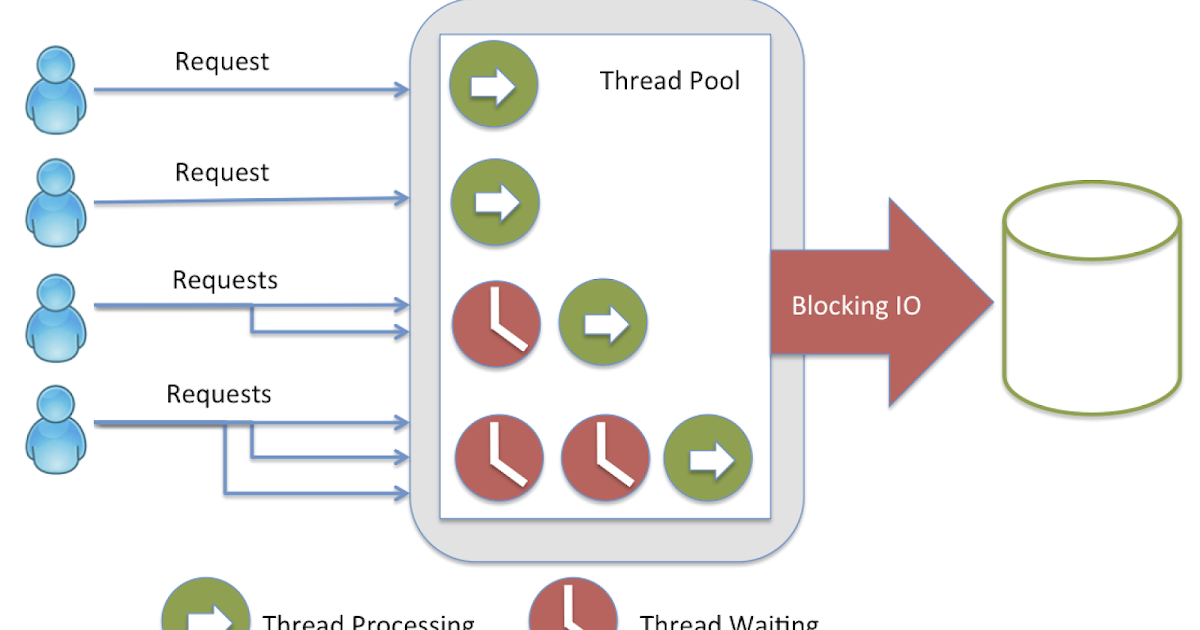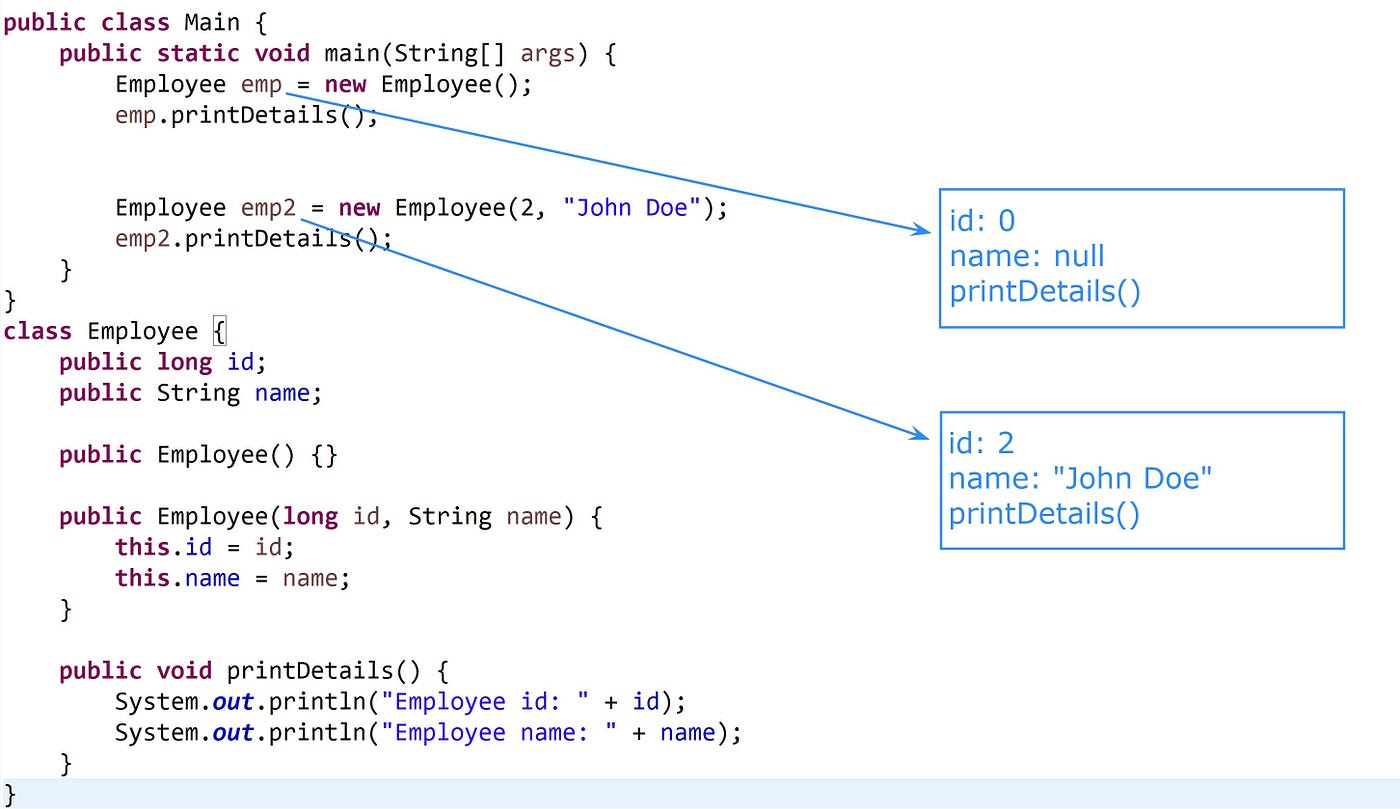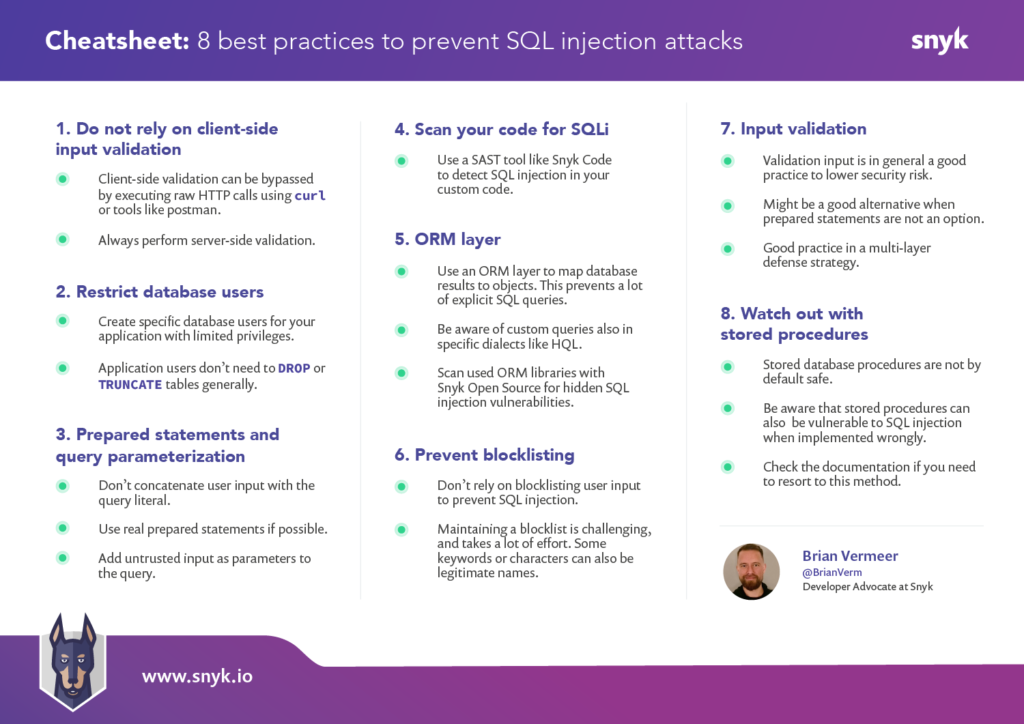Functional interfaces in Java 8
Functional interfaces in Java 8

Functional interfaces! A cornerstone of Java 8's lambda expressions and method references.
In Java, an interface is a contract that specifies a set of methods that must be implemented by any class that implements it. In the case of functional interfaces, these interfaces have only one abstract method (also known as SAM, Single Abstract Method).
Prior to Java 8, interfaces could not be instantiated directly, and their methods had to be overridden in classes implementing them. With the introduction of lambda expressions in Java 8, functional interfaces gained a new level of importance.
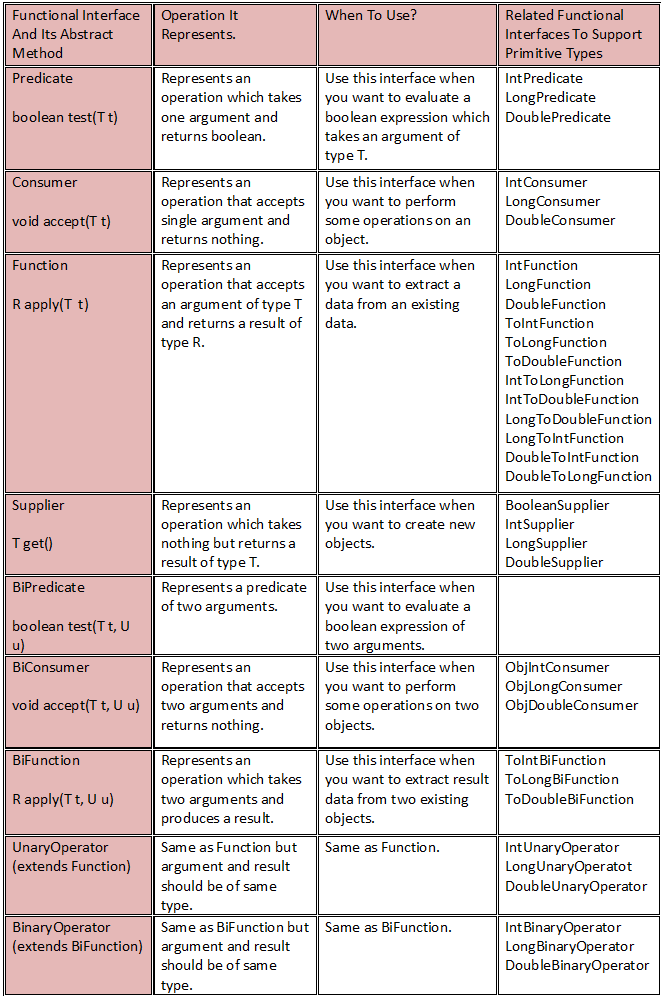
A functional interface is an interface that has exactly one abstract method (i.e., a method without an implementation). This means that when you implement such an interface, you must provide an implementation for this single abstract method. Examples of built-in functional interfaces include java.lang.Runnable, java.util.function.Predicate, and java.util.function.Consumer.
The key benefits of functional interfaces are:
Lambda expressions: With a functional interface, you can create lambda expressions that implement the interface's single abstract method. This allows for concise, expressive code. Method references: You can also use method references to refer to existing methods that match the signature of the functional interface's abstract method. This enables you to reuse existing code and make your program more readable.Here's a simple example:
public interface MyFunctionalInterface {
int process(int value);
}
class MyLambdaClass implements MyFunctionalInterface {
@Override
public int process(int value) {
return value * 2;
}
}
In this example, MyFunctionalInterface is a functional interface with a single abstract method process. The MyLambdaClass class implements this interface, providing its own implementation of the process method.
You can now create a lambda expression that implements this interface:
MyFunctionalInterface myLambda = (value) -> value * 2;
Or use a method reference to refer to an existing method:
int result = myMethod(5); // assumes 'myMethod' matches the signature of MyFunctionalInterface.process(int)
public int myMethod(int value) {
return value * 2;
}
In Java, functional interfaces are crucial for lambda expressions and method references. They provide a way to create concise, expressive code by implementing a specific contract (the single abstract method).
In conclusion, functional interfaces in Java 8 offer a powerful toolset for building more efficient, readable, and maintainable code. By leveraging lambda expressions and method references, you can write more effective code that takes advantage of the language's capabilities.
How many functional interfaces are there in Java?
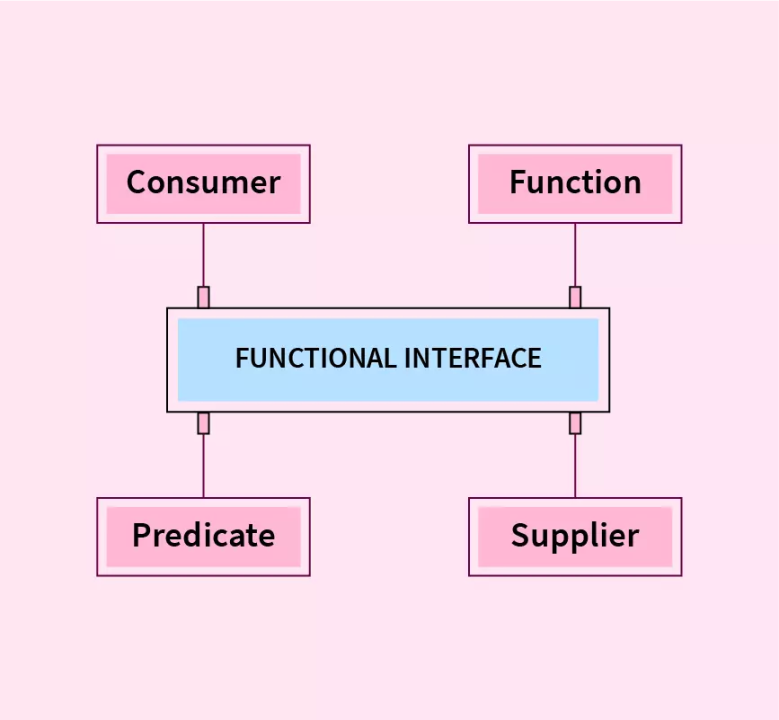
I'm happy to respond in English for this one!
In Java, a functional interface is an interface that has a single abstract method (SAM). This means it has only one unimplemented method. Functional interfaces play a crucial role in Java's functional programming capabilities, particularly with the introduction of lambda expressions and method references.
There are several built-in functional interfaces in Java, which are:
Runnable: This interface has a single methodrun(), which is called when the object is invoked using the start() method.
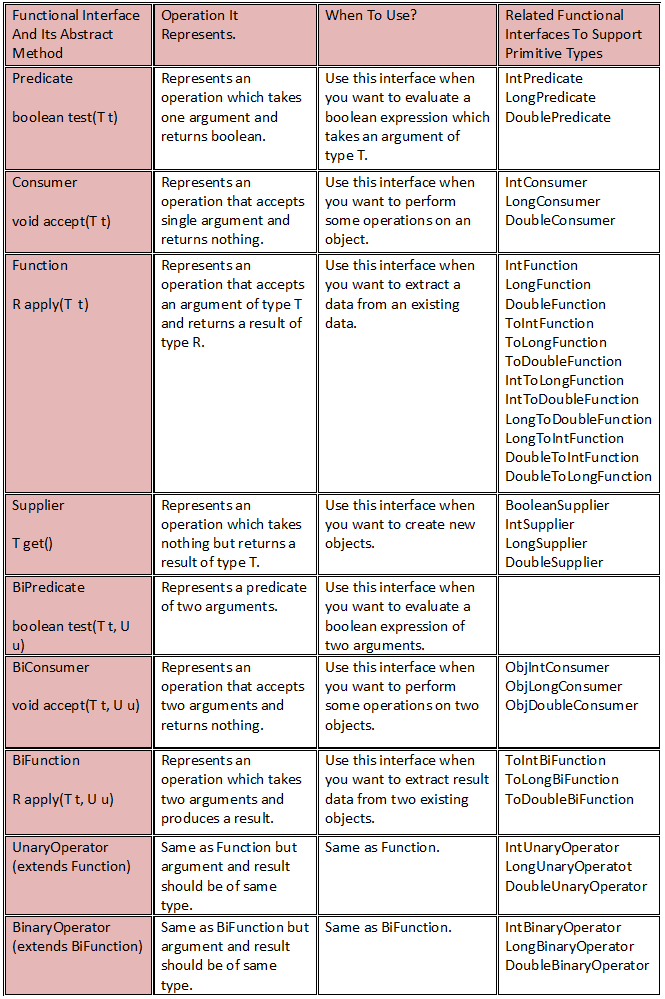
Runnable, but it provides an additional call() method that returns a value. Predicate: This interface has a single method test() that takes an argument and returns a boolean indicating whether the predicate holds true for that argument. Function: Another SAM, this interface defines a apply() method that takes one or more arguments and returns a result. Supplier: A supplier provides a value without any input arguments. It has a single get() method that returns an object. Consumer: This interface has a single accept() method that takes an argument and performs some action on it.
You can also create your own custom functional interfaces to suit your specific needs. When defining a custom functional interface, you'll typically define a SAM, such as a method with one or more input parameters and no return value (void), or a method with no input parameters that returns a value.
Functional interfaces are useful in Java for several reasons:
Lambda expressions: You can use lambda expressions to create instances of functional interfaces. This allows you to define small, anonymous functions that can be used as arguments to methods, returned from methods, or assigned to variables. Method references: You can create method references by assigning a SAM to an interface variable or passing it as an argument to a method. Method references are essentially short-hand ways of creating lambda expressions. Stream operations: Functional interfaces likePredicate, Function, and Consumer play key roles in Java's Stream API, which allows you to process data streams using pipeline-like constructs.
In summary, there are several built-in functional interfaces in Java (e.g., Runnable, Callable, Predicate, Function, Supplier, and Consumer), and you can also create custom ones as needed. Functional interfaces facilitate the creation of lambda expressions and method references, which are essential for Java's functional programming capabilities.
